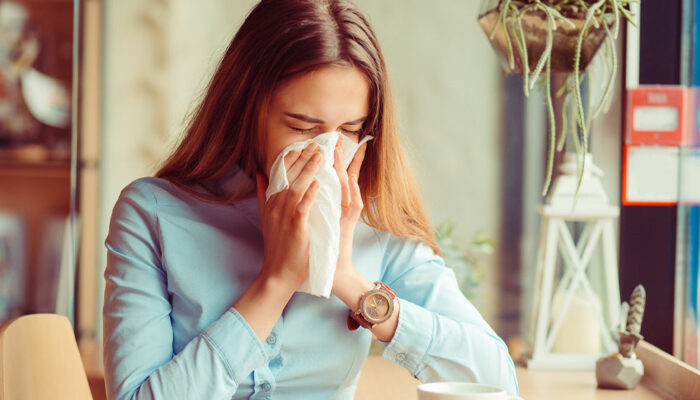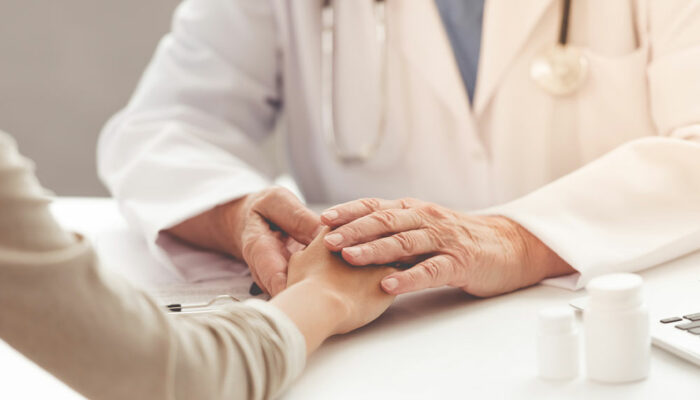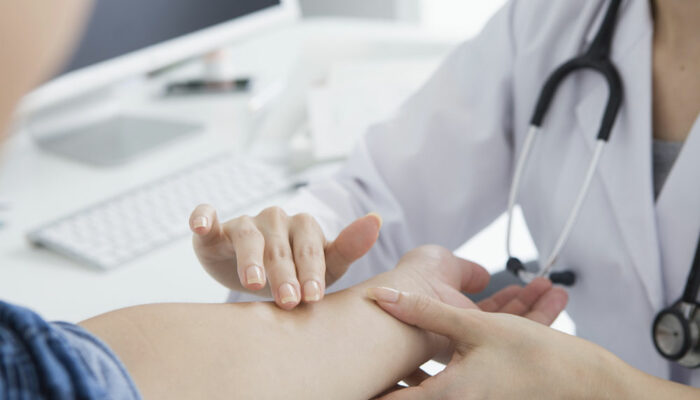
health
4 constipation mistakes that can be avoided
Constipation occurs when a person has not passed regular stools or experiences painful passing of hard stools. One might also experience abdominal discomfort and bloating, two of the primary symptoms of constipation. There are multiple factors, from underlying health complications and side effects of prescriptions to changes in daily nutrition and lifestyle choices that impact the frequency and regularity of bowel movements. It is important to address and avoid these mistakes that can worsen constipation. Using excess laxatives Doctors suggest the use of laxatives for constipation relief as a temporary measure. One should never take laxatives in extremely high amounts. Such frequent use for bowel movements makes the body become overdependent on the prescription. There may come a time when the digestive tract will be rendered inactive and cannot promote bowels. Excessive laxative use can also make the stools watery and can cause diarrhea as a result. Eating too much fiber too quickly Fiber is good for digestion but it’s necessary to slowly increase its intake. It’s also crucial to understand the difference between soluble and insoluble fibers. Insoluble fibers found in whole grains and even some vegetables may worsen the symptoms of constipation like bloating and flatulence. Nutritionists suggest increasing soluble fiber intake gradually, allowing the body to get used to it.
Read More 








